In previous answer guides, we compiled a “best of” of articles that covers the subjects of pool pumps and pool pump motors. With the end of summer fast approaching, what better subject to tackle than pool heaters, one of the few things that can extend your pool season.
The addition of a pool heater is not only a luxury, but a good tool. Pool heaters allow a swimmer to take the chill out of the water for early morning or evening recreational (even therapeutic) swims. But for some perspective heater owners, the fear of choosing the wrong heater type and the maintenance involved can give them cold feet. With this reason in mind, we have written articles, how-to guides and filmed instructional videos to keep you cool while selecting a pool heater.
Pool Heater Selection Series
Our pool equipment selection series is meant to walk a new or a curious experienced pool owner through the ins and outs of each topic. So far in the pool equipment selection series that Rob and I host, we have covered the best way to size and select pool pumps, filters, and heaters, with more chapters to come.
This heater guide includes sections that focus on gas heaters, heat pumps and solar heaters. Among the topics we discuss, we give an overview of the advantages of cupronickel versus copper heat exchangers, what low NOx means and if a heat pump is right for you.
If you are feeling out the idea of heating your pool, this video and article are great to nail down the basics before jumping into advanced literature.
Differences in Swimming Pool Heaters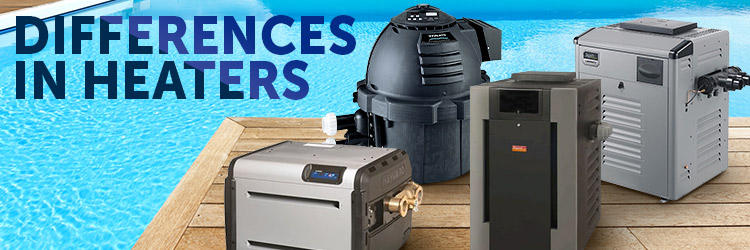
This offering from the one and only Charlie Ramirez provides an even deeper discussion in pool heater options. Topics covered in depth are: residential versus commercial/ASME, gas i.e. propane or natural gas, and a thorough explanation of electric and millivolt ignitions.
If your thirst for heater knowledge is not quenched by the heater selection guide, Mr Ramirez’s article will surely do the trick.
How Much Does it Cost to Run My Pool Heater?
Pool heating is a great addition to your pool, but figuring out heater operating costs leads to a headache. The process of calculating pool heater and heat pumps is simplified in Patrick’s article.
The formula essentially breaks down to fuel (whether propane, natural gas, or electricity) and runtime. Fuel costs vary depending on your region, so refer to your local gas or utility company for average prices. Runtime is controlled by the size of your pool and the size of the heater. If you undersize a heater, the need to run it to maintain temperature increases. This in turn increases gas usage and cost of running your pool pump. We always suggest oversizing your pool heater to get the quickest and most efficient pool heating.
Do I Need a High Elevation Heater?
This article is for pools out West in states with “thin air” like Colorado, Arizona, California, etc. Pool heaters are like any combustion engine. They need air to breathe and maintain their flame, because without air they die.
A sizeable portion of heaters is self-adjusting (to a point.) The Pentair MasterTemp is able to adjust to elevations up to 9 000 feet without modifications. Hayward’s Universal Low NOx maintains its flame up to 10 000 feet. But for older heaters or the industry standard Raypak RP2100 Series, the lack of internal air blowers means thin air can lead to sooty, incomplete combustion.
How Does a Solar Pool Heater Work?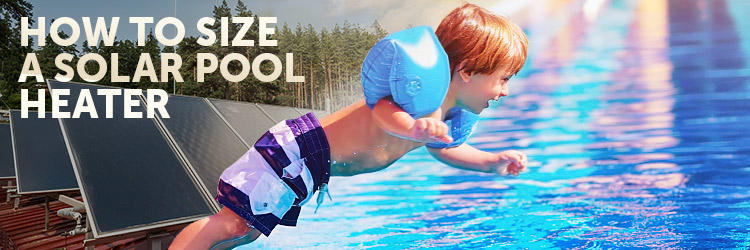
Sure it sounds simple, water goes in cool and comes out hot, all via the power of the sun. But how do you know the number of panels you need to heat your pool? Or, will your pump have enough oomph to push water to your roof mounted panels? Also, which panels are the best for your installation? And even, what is the optimal tilt for installing your panels?
Not so easy, is it? That is why this article is a must-read for any interested solar panel fans.
Maintaining Your Heater
Everything is well and good when your pool heater is brand new, but in a couple years when the display is flashing error codes and other nonsense, what are you going to do?
Raypak Heater Fault Code Guide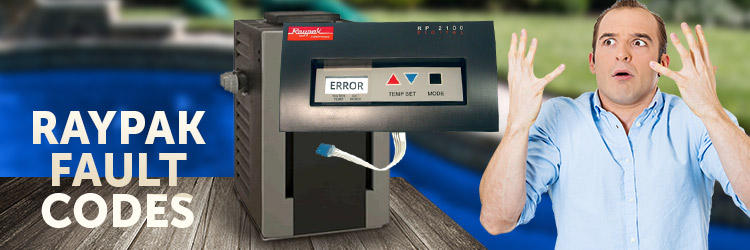
One of the most popular and trusted brands in the pool industry, Raypak, has perfected its heater designs to remain simple and easily serviceable. The key to their durability is the streamlined design leaving out components that have high failure rates like blowers/power exhaust. But even the best of heaters can breakdown.
In this guide, we provide a list of common fault codes for the Raypak RP2100 Series with digital display (the heater of choice for the Raypak faithful). If your Raypak is flashing ROL, SNS and IGN, this is the guide for you.
Pentair MiniMax NT Heater Error Codes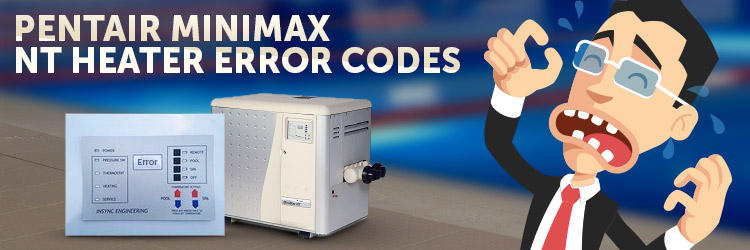
Pentair has been in the heater game for a while and their MiniMax series was some of the most popular out there. Though, while most of the MiniMax are no longer in production, model spinoffs like the MiniMax NT, CH, and Plus are still chugging along in backyards.
For homeowners desperate to keep their trusty MiniMax NT up and running, knowing how to troubleshoot issues is a big problem.






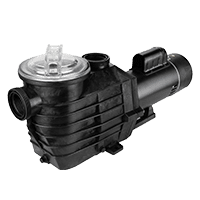
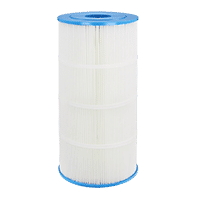
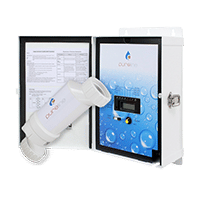
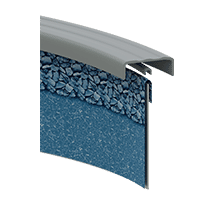
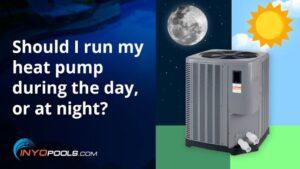

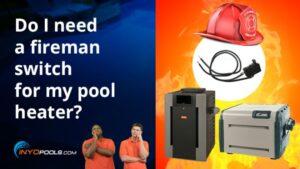
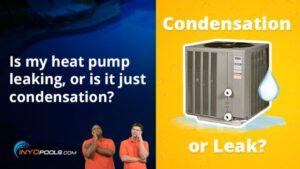
Leave a Reply